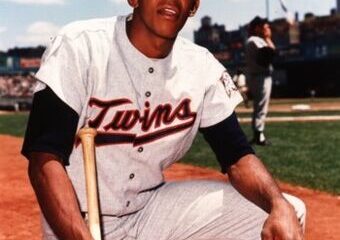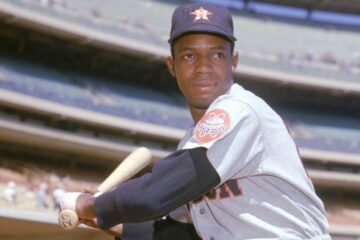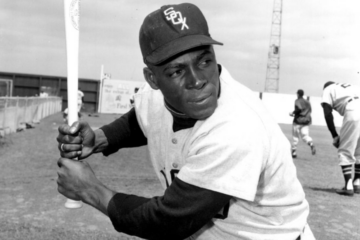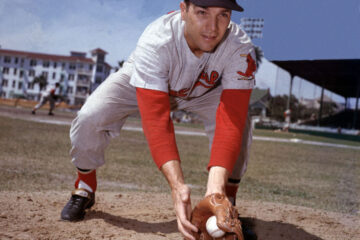Welcome Hall of Fame Class of 2016
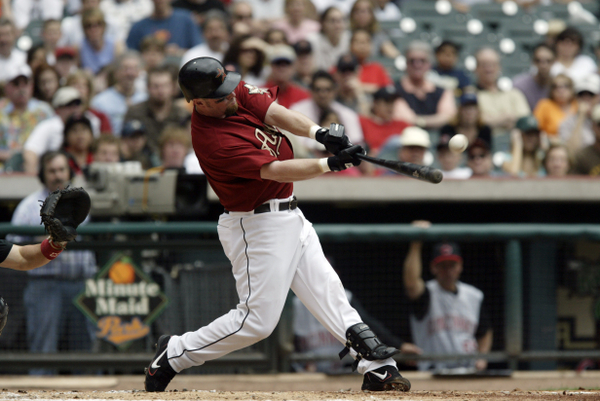
It seems I write a column about this every year. For those new to the site allow me to establish a baseline for moving forward. I love the Hall of Fame. I care deeply about the Hall of Fame and the criteria for players to be elected. Many of you may be wondering what that has to do with anything. I feel like I know a little more than the average bear about this. I put hours, days, weeks, and months into studying every player in the Hall of Fame and many of the players out in my book The Hall of Fame Index.
I’ve continued that research at Halloffameindex.com. The basic idea was to utlize wins above replacement from multiple sources to help predict who should be in the Hall of Fame and shouldn’t be. There are similar formulae out there, so I hardly would call it completely unique, but I’m particularly proud of the effort.
So, I’d like to welcome Ken Griffey Jr. and Mike Piazza to the Hall of Fame. Both are deserving players and Piazza should have been a long time before. For my purposes here, I’m not going to dive into the numbers I referenced above. In this effort, I’m going to offer a couple of suggestions of ways to tweak the process to improve it and to avoid what I would consider to be obvious oversights like Jeff Bagwell and Tim Raines.
The Elephant in the Room
I said I wouldn’t bore with numbers and I won’t, but I would point out that all four players mentioned rank among the top ten players in history at their position. So, why are two of them in the Hall of Fame and two still on the outside looking in? The answer lies in part on the uneasy nature of what to do about proven and rumored PED use. Ken Griffey Jr. was largely seen as clean and so he got in with a record 99.3 percent of the vote. Mike Piazza was rumored to have used, so he had to wait a few seasons to get the call. Jeff Bagwell is still waiting.
One may fairly question how one suspected user can get in while another has to wait at least another year to get the call. I would question why either had to wait at all. One of the hallmarks of our country is the notion that someone is innocent until proven guilty. Most of us are mature enough to grasp that this notion is naive at best. There can be no better example of this than the Hall of Fame vote.
As for Raines, he continues to be perhaps the highest profile example of how walks and on base percentage are undervalued for Hall of Fame voters. Raines could arguably go down as the second best lead off man of all time. It is his misfortune to have played at the same time as the undisputed best lead off hitter of all-time in Rickey Henderson. That’s not his fault and doesn’t make him any less worthy of the Hall of Fame.
Two Modest Changes
Tim Raines and Jeff Bagwell got a huge bump in percentages due to one considerable change in the voting process. The Hall of Fame purged the voting rolls by eliminating voters that had not covered the game in at least ten years. Obviously, those that are still in touch know how good both of those players were. Historically, both are at percentages that normally lead to enshrinement the very next season. We can only hope that is the case.
When I wrote the book I did not advocate any significant changes in the process. The HOF vote is a human process and as long as humans are involved you can expect some unusual results at times. This won’t change fundamentally if you add broadcasters and/or bloggers to the process. Would I love a vote? Sure, I’d love a vote, but I’ve resigned myself to being on the outside looking in a long time ago. That doesn’t mean that there aren’t some things that they could do to hold those that have the vote more accountable.
First and foremost, I would make publicizing the vote a condition for having the vote. Some voters do this. Some of them write columns about their ballot and others include the fans in their selection process. Others are private about their selections. Studies have been done on the differences between those that publicize their votes and those that don’t. The statistics show that those that publicize their vote vote for more candidates than those that don’t.
The results from this season show that someone voted for David Eckstein, Garrett Anderson, and Jason Kendall. I might be able to justify a Kendall vote, but the other two are patently ridiculous. Would that individual have made those votes had they known their ballot would be made public? I don’t know that forcing everyone to publicize their ballots would make a huge difference, but it would make the process more inclusive and open to public scrutiny.
Secondly, the Hall of Fame currently caps each ballot at a maximum of ten players. According to the results, most voters do not vote for ten players, but some do. Those same results show that three people did not vote for Ken Griffey Jr. Some people automatically assume that this means that those three writers didn’t think he was a Hall of Famer. Sometimes, that is the case and in that case you have to question what game they’ve been watching for the last twenty years.
However, there is another plausible explanation. Sometimes, voters leave off obvious players because they need that extra slot to vote in another player they think is deserving. No player has ever been an unanimous selection. That boggles the mind when you consider some of the all-time greats that have been on the ballot. Can anyone make a plausible argument against Willie Mays, Nolan Ryan, or Tom Seaver? This doesn’t even mention guys that didn’t make it on the first ballot like Joe DiMaggio.
It is ridiculous for voters to have to leave someone off their ballot they find deserving because they have a cap. Simply lift the cap. I suspect that Bagwell and maybe even Raines would have gotten in under those circumstances. More importantly, voters could simply look at the candidates and say “yay” or “nay” based on their opinion of the player without worrying about how to prioritize who should have to wait and who should get in right now.


